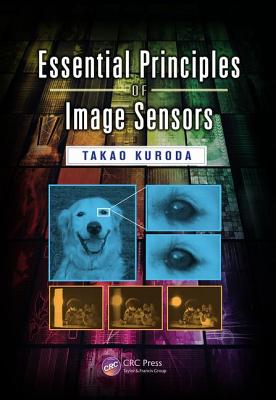Essential Principles of Image Sensors
Kuroda, Takao
- 出版商: CRC
- 出版日期: 2014-08-20
- 售價: $7,330
- 貴賓價: 9.5 折 $6,964
- 語言: 英文
- 頁數: 192
- 裝訂: Hardcover - also called cloth, retail trade, or trade
- ISBN: 1482220059
- ISBN-13: 9781482220056
-
相關分類:
感測器 Sensor
-
相關翻譯:
圖像傳感器基本原理 (簡中版)
-
其他版本:
Essential Principles of Image Sensors
商品描述
Providing a succinct introduction to the systemization, noise sources, and signal processes of image sensor technology, Essential Principles of Image Sensors discusses image information and its four factors: space, light intensity, wavelength, and time. Featuring clarifying and insightful illustrations, this must-have text:
- Explains how image sensors convert optical image information into image signals
- Treats space, wavelength, and time as digitized built-in coordinate points in image sensors and systems
- Details the operational principles, pixel technology, and evolution of CCD, MOS, and CMOS sensors with updated technology
- Describes sampling theory, presenting unique figures demonstrating the importance of phase
- Explores causes for the decline of image information quality
In a straightforward manner suitable for beginners and experts alike, Essential Principles of Image Sensors covers key topics related to digital imaging including semiconductor physics, component elements necessary for image sensors, silicon as a sensitive material, noises in sensors, and more.
作者簡介
Takao Kuroda earned his bachelor, masters, and doctorate degrees from Osaka University, Japan. Throughout his illustrious career, he has held positions in the Panasonic Corporation's Electronics Laboratory, Kyoto Research Laboratory, Elemental Technology Development Group, and Image Sensor Business Unit. He initially retired from Panasonic in December 2005, but at the company's request, he accepted an advisory role to establish a technology strategy. In 2011, he retired completely to write the Japanese version of Essential Principles of Image Sensors. An ITE fellow, Dr. Kuroda holds 70 Japanese and 15 US patents. His research has contributed to numerous technological advancements around the world.










